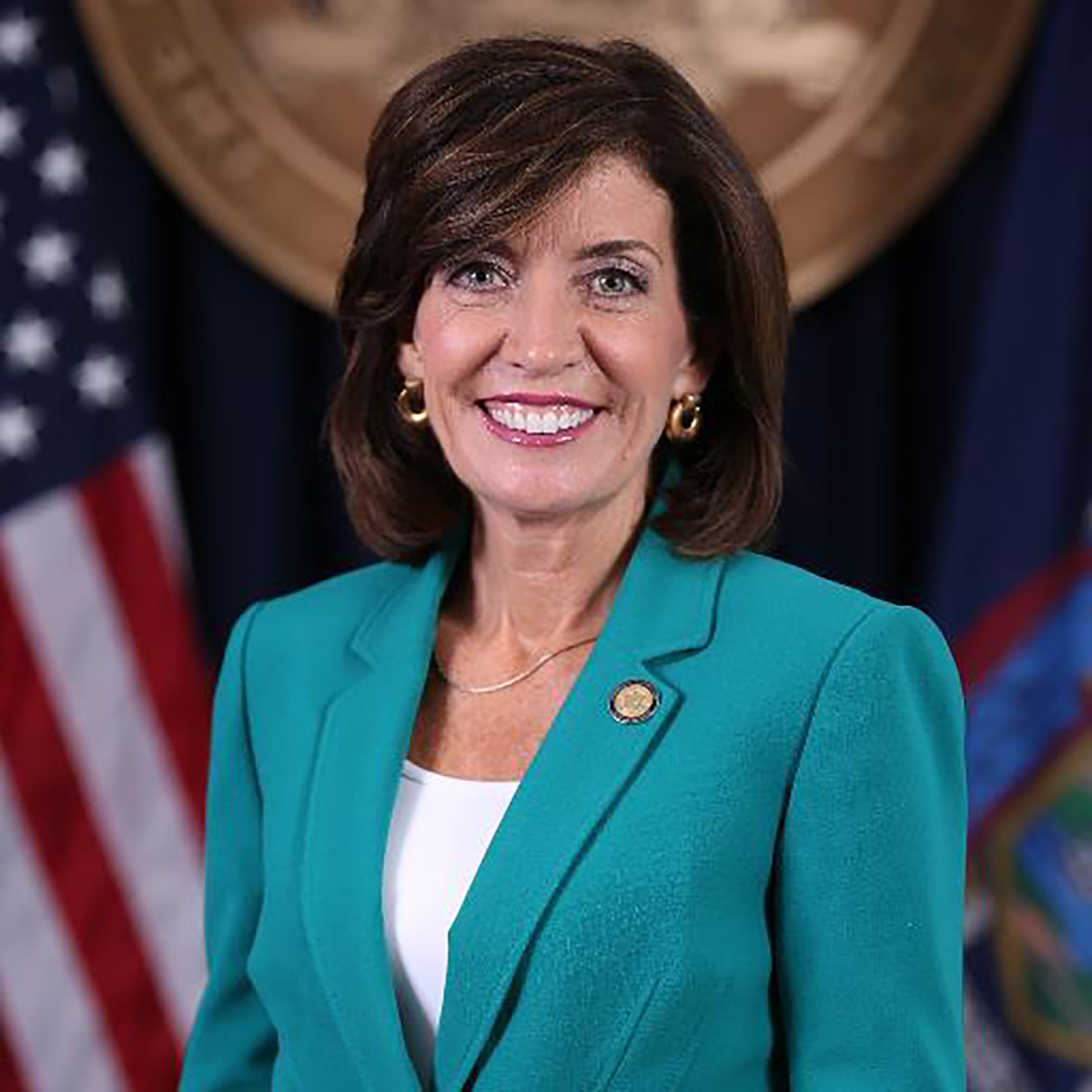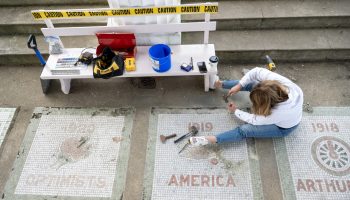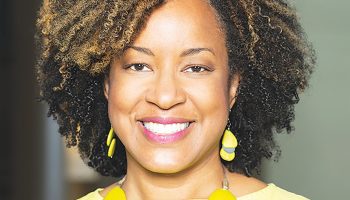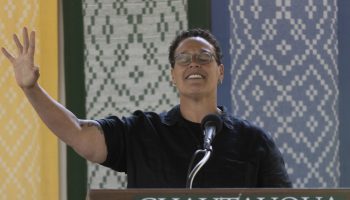Susan B. Anthony was teaching public school in Canajoharie, New York, in 1848 when she found out that teachers who were men were being paid $10 a month, while women teachers were making $2.50 a month for performing the same job.
That same year, the first-ever Women’s Rights Convention was held in Seneca Falls, organized by Elizabeth Cady Stanton and Lucretia Mott. Sixty-nine years later, in November 1917, New York became the 12th state to allow women to vote.
In March, Gov. Andrew M. Cuomo and Lt. Gov. Kathy Hochul announced the creation of the state’s Women’s Suffrage 100th Anniversary Commemoration Commission, which oversees events and programs across the state lasting through 2020, a century after the ratification of the 19th Amendment granting all American women the right to vote.
Hochul is the chairwoman of that commission, and at 3:30 p.m. Friday in the Hall of Philosophy, she will discuss “Women’s Suffrage: 100 Years in New York State” as part of the Oliver Archives Heritage Lecture Series. And while she will touch on historical aspects of the women’s movement and draw parallels to what the early suffragists endured, Hochul will not be lecturing her audience (“I don’t like reading to a crowd,” she said). Instead, she will focus largely on the challenges women continue to face today.

A lot of the blatant unfairness confronted by Anthony, Stanton and other fighters for women’s rights in New York state has been addressed, but many hurdles still remain, Hochul said.
“We still have challenges,” she said. “New York state has the smallest pay gap between men and women in the nation, but there are still disparities.”
Hochul noted that nationally, 25 percent of public school superintendents are women, while 72 percent of K-12 teachers are women and most of the women in supervisory positions work in grade schools, not high schools. Likewise, women make up only 20 percent of the United States Congress and 25 percent of the members of state legislatures, she said.
Hochul is the only woman elected to statewide office in New York. As lieutenant governor, she serves as the president of the New York State Senate and chairs regional economic development councils across the state. She co-chairs the New York State Heroin and Opioid Abuse Task Force and the Community College Councils. She previously represented the 26th Congressional District in the U.S. House of Representatives, served as Erie County clerk from 2007 to 2011 and distinguished herself in local politics, in business and as an attorney.
And yet, she said, “I often still find myself the only woman in the room.”
Why has progress been so slow? Hochul blames “cultural norms that are not conducive to providing a welcoming place for women.”
“How will we be judged in 100 years?” she asked. “Poorly. I would say we fell short.”
On the other hand, Hochul said she is optimistic that change is happening. She pointed out that a record number of women are now running for elective office supported by groups like Emily’s List and the Eleanor Roosevelt Legacy, even after the bitter 2016 presidential campaign.
“I take heart in the dynamic of more and more women coming forward and having their voices heard in the corridors of power, both in politics and corporate boardrooms,” she said.




